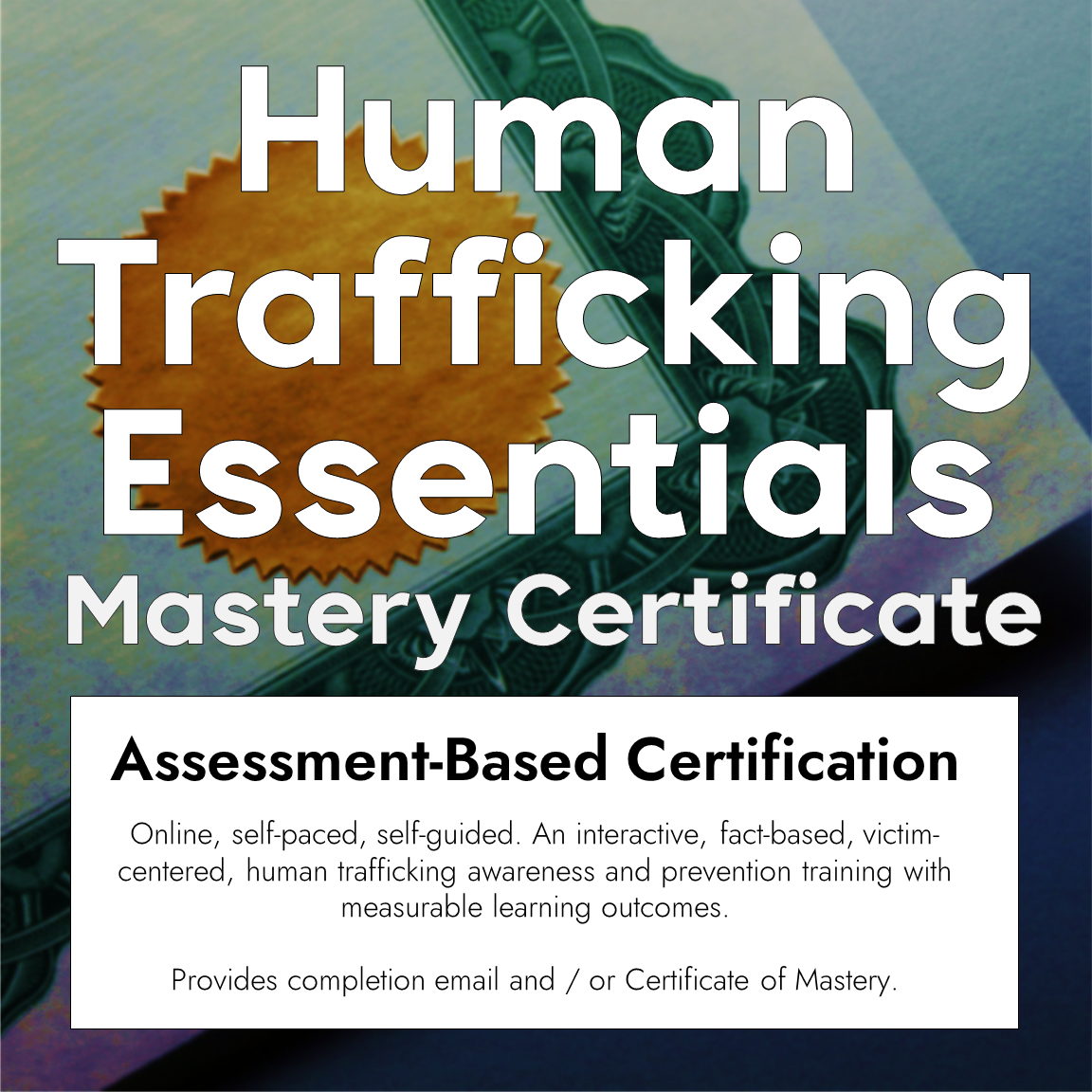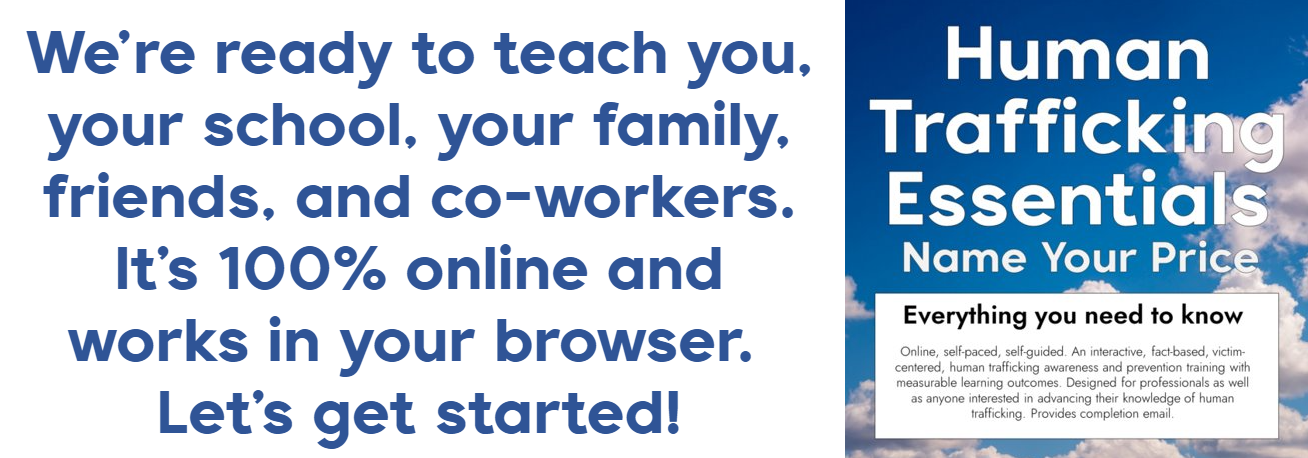El Cajon demands changes at 2nd motel tied to county voucher program, part of wider crackdown

El Cajon is increasing oversight on another motel that allows homeless people to rent rooms amid a months-long fight over the county's voucher program.
The planning commission voted unanimously Tuesday to revoke “deemed approved status” from Best Inn & Suites, which is one step toward forcing it to shut down, though officials said the city has never gone that far.
The motel must now implement several changes to clean up the property and reduce the number of times police are called. Some fixes, including beefed up security and a new paint job, have already been completed.
“I can assure you that this hotel operator is committed to ensuring a safe property for the community,” Pooja Patel, an attorney for the facility, told commissioners.
The move follows a similar vote over the Motel 6 following the arrests of two sex offenders who allegedly assaulted a teenage girl. Both businesses are now operating under conditional use permits, which give officials more leeway to force changes.
The city council is simultaneously pushing through a plan to increase control over all organizations helping people on the street. County officials have questioned that proposal's legality and said El Cajon is improperly adding roadblocks that exacerbate the homelessness crisis.
The Best Inn & Suites, located at 1274 Oakdale Ave., came under scrutiny after five men were arrested in March at or near the property. Police later said they'd found about 40 grams of methamphetamine.
One had been staying at the motel using a county-funded voucher issued by Equus, according to Lt. Darrin Forster.
Three of the men, however, were not guests, according to the attorney.
The facility now has 20 cameras that allow staff to more closely monitor who enters rooms, and footage is stored for 30 days, Patel said.
A new policy requires all guests to check in, not just the person reserving the room, she said. Doors have been outfitted with new locks and 300-watt floodlights are in the parking lot. A security company patrols the property from 10 p.m. to 6 a.m. and guards can respond within 5 minutes during other hours.
Furthermore, almost all employees have completed human trafficking training, Patel said.
Commissioners praised the reforms while cautioning that they'll be monitoring how often police or paramedics are summoned in the coming months.
City leaders have long said they don't want hotels calling 911 more than an average of once per room, per year.
The Inn has about 30 rooms, and officials said first responders showed up more than 50 times during a recent 12-month period. Most calls were for medical emergencies, while about a dozen concerned someone “disturbing the peace” and four included illegal drugs, staffers said.
Throughout the city, police data do show an uptick in arrests at or near hotels accepting vouchers, though there is not an exact correlation between the two.
About a third of the rooms at Best Inn & Suites are currently rented out with vouchers, Patel said.
The facility checks the sex offender registry and its own “do not rent” list before offering a room to someone in the program, and a motel employee reviews participants ID's upon arrival, she added.
Patel also said they didn't want to make assumptions about guests, which could lead to profiling, and were hesitant to stop accepting vouchers as California's attorney general said a similar move could amount to housing discrimination.
The motel's next hearing will likely be in July.
This story originally appeared in San Diego Union-Tribune.
This “Eyes on Trafficking” story is reprinted from its original online location.
Fair Use Notice: The PBJ Learning Knowledge Vault is dedicated to advancing understanding of various social justice issues, including human trafficking and related topics. Some of the material presented on this website may contain copyrighted material, the use of which has not always been specifically authorized by the copyright owner. We are making such material available in our efforts to promote education and awareness of these important issues. There is no other central database we are aware of, so we put this together for both historical and research purposes. Articles are categorized and tagged for ease of use. We believe that this constitutes a ‘fair use' of any such copyrighted material as provided for in section 107 of the US Copyright Law. In accordance with Title 17 U.S.C. Section 107, the material on this site is distributed without profit to those who have expressed a prior interest in receiving the included information for research and educational purposes. For more information on fair use, please visit: “17 U.S. Code § 107 – Limitations on exclusive rights” on Cornell Law School's Legal Information Institute.

ABOUT PBJ LEARNING
PBJ Learning is a leading provider of online human trafficking training, focusing on awareness and prevention education. Their interactive Human Trafficking Essentials online course is used worldwide to educate professionals and individuals how to recognize human trafficking and how to respond to potential victims. Learn on any web browser (even your mobile phone) at any time.
More stories like this can be found in your PBJ Learning Knowledge Vault.
EYES ON TRAFFICKING
This “Eyes on Trafficking” story is reprinted from its original online location.
ABOUT PBJ LEARNING
PBJ Learning is a leading provider of online human trafficking training, focusing on awareness and prevention education. Their interactive Human Trafficking Essentials online course is used worldwide to educate professionals and individuals how to recognize human trafficking and how to respond to potential victims. Learn on any web browser (even your mobile phone) at any time.
More stories like this can be found in your PBJ Learning Knowledge Vault.

